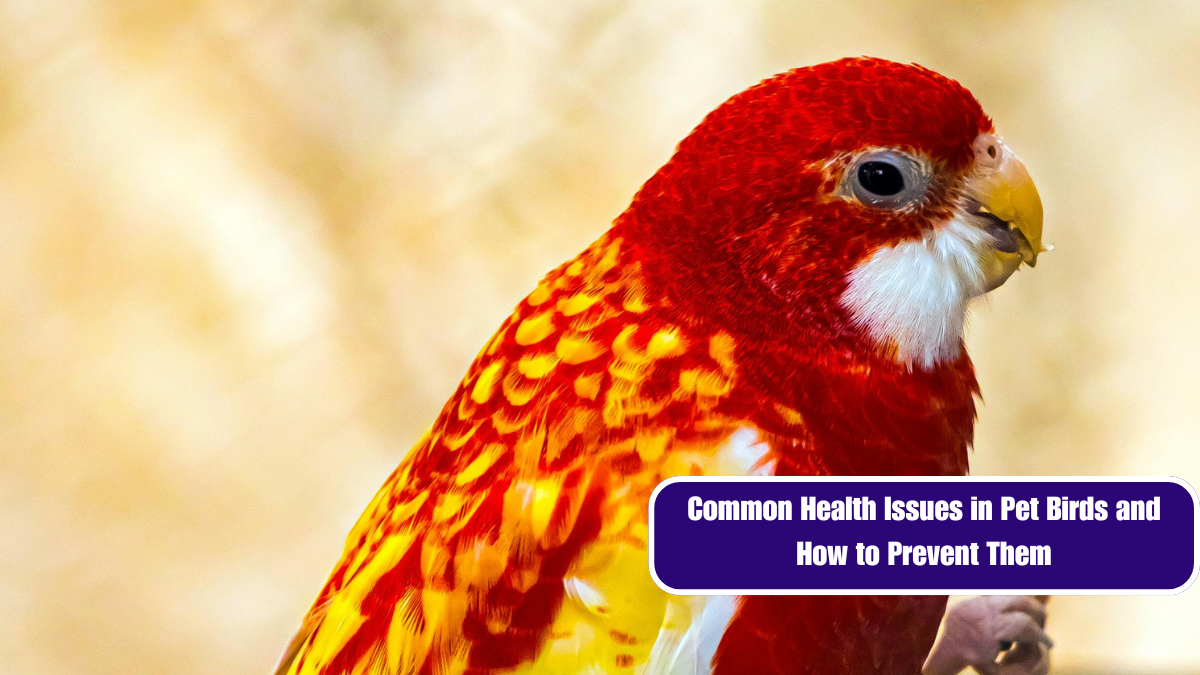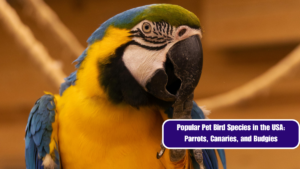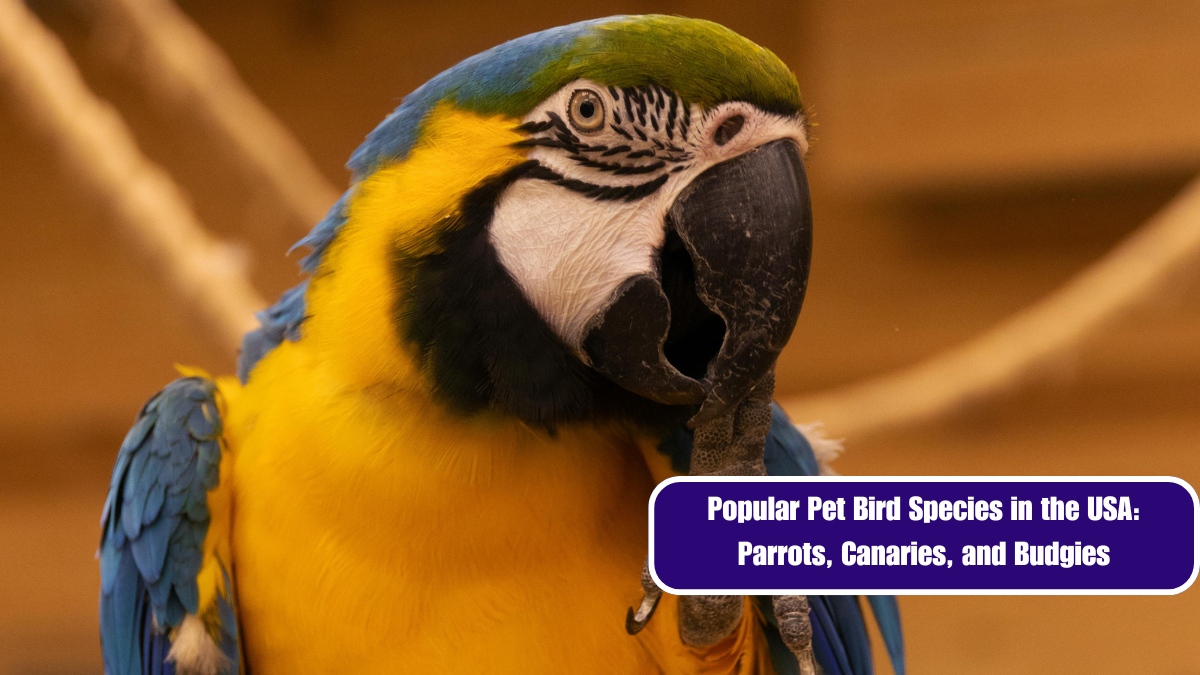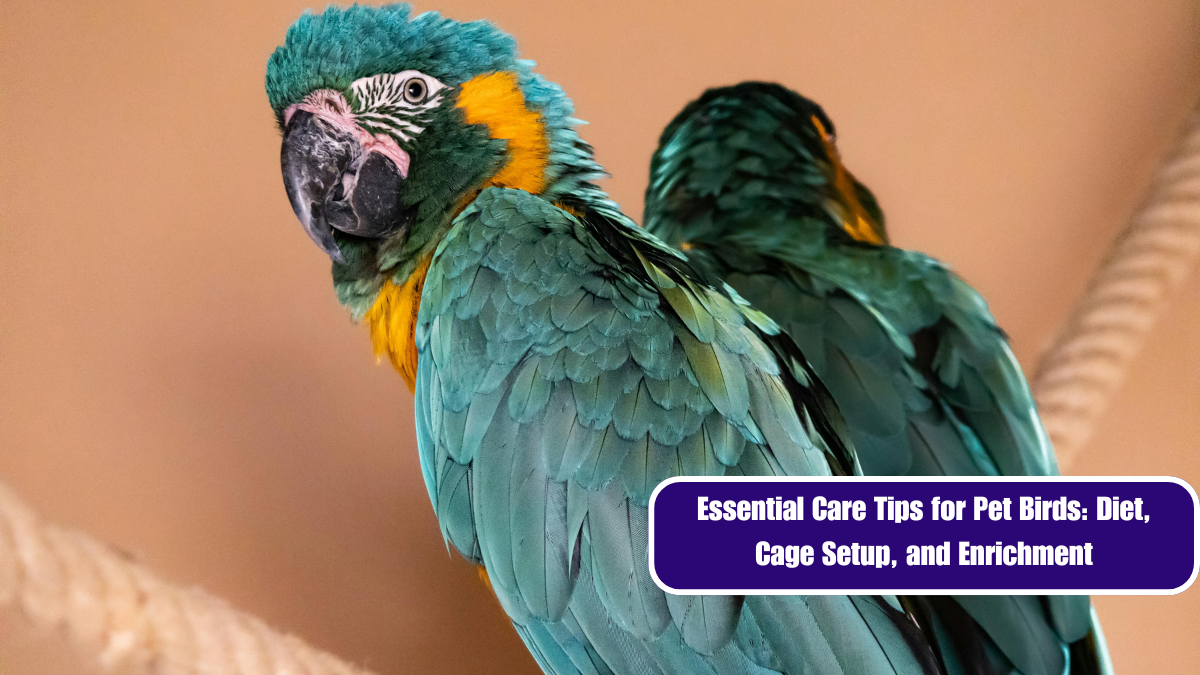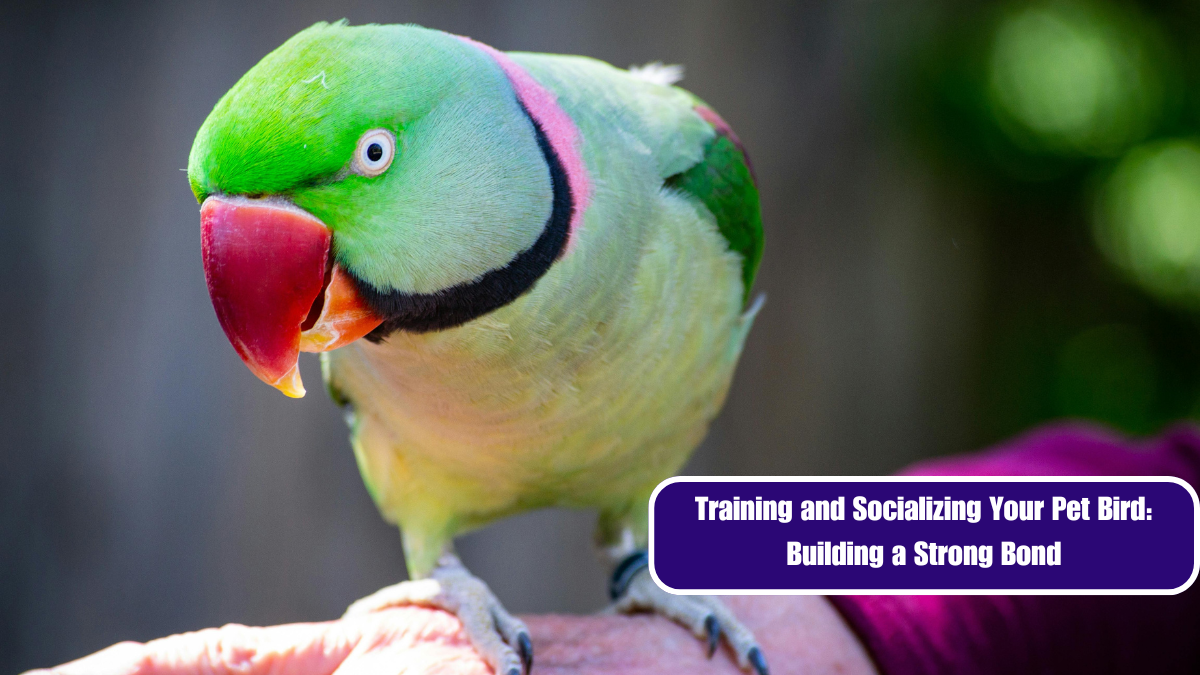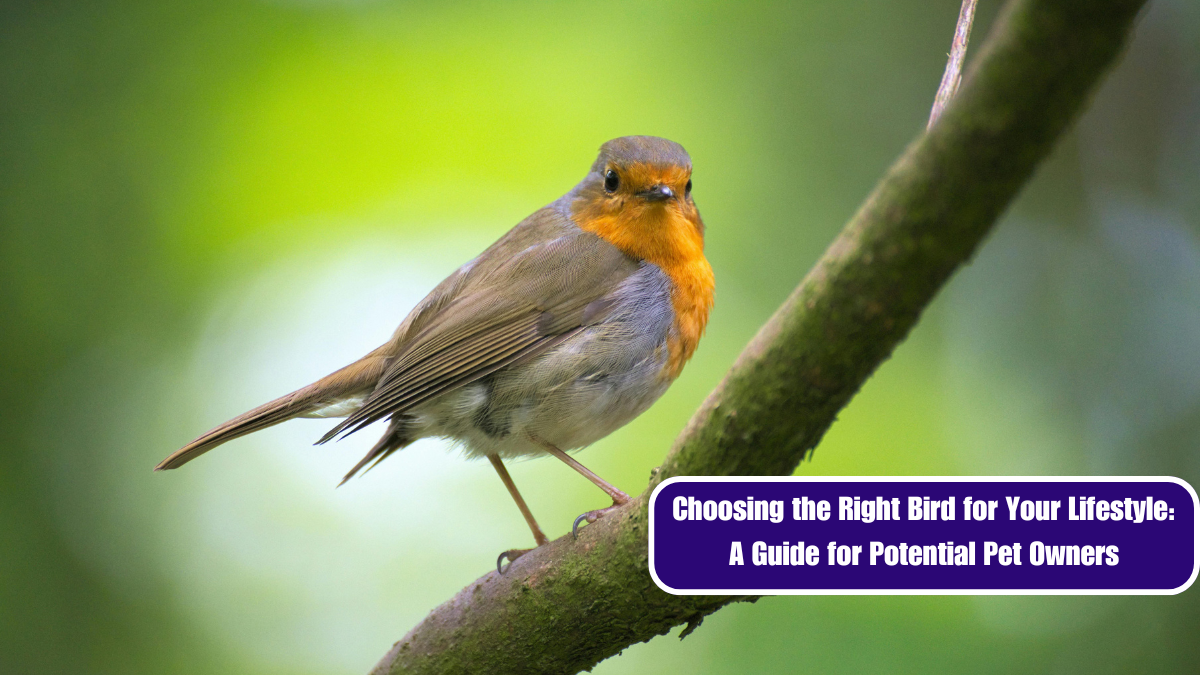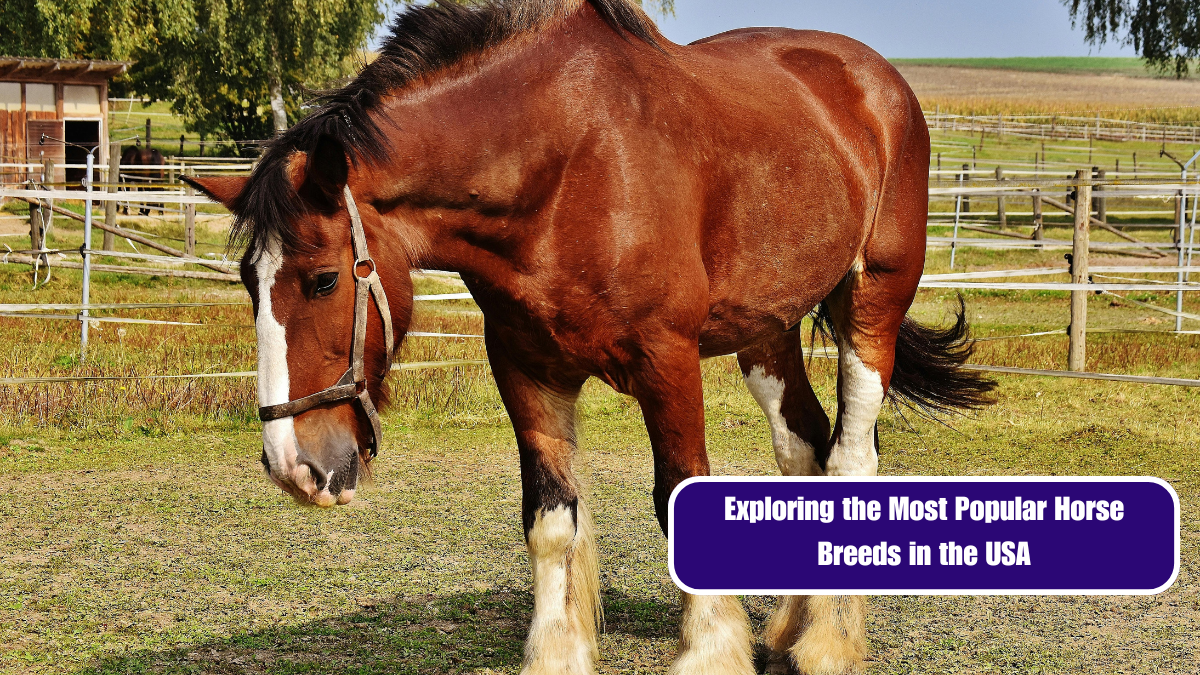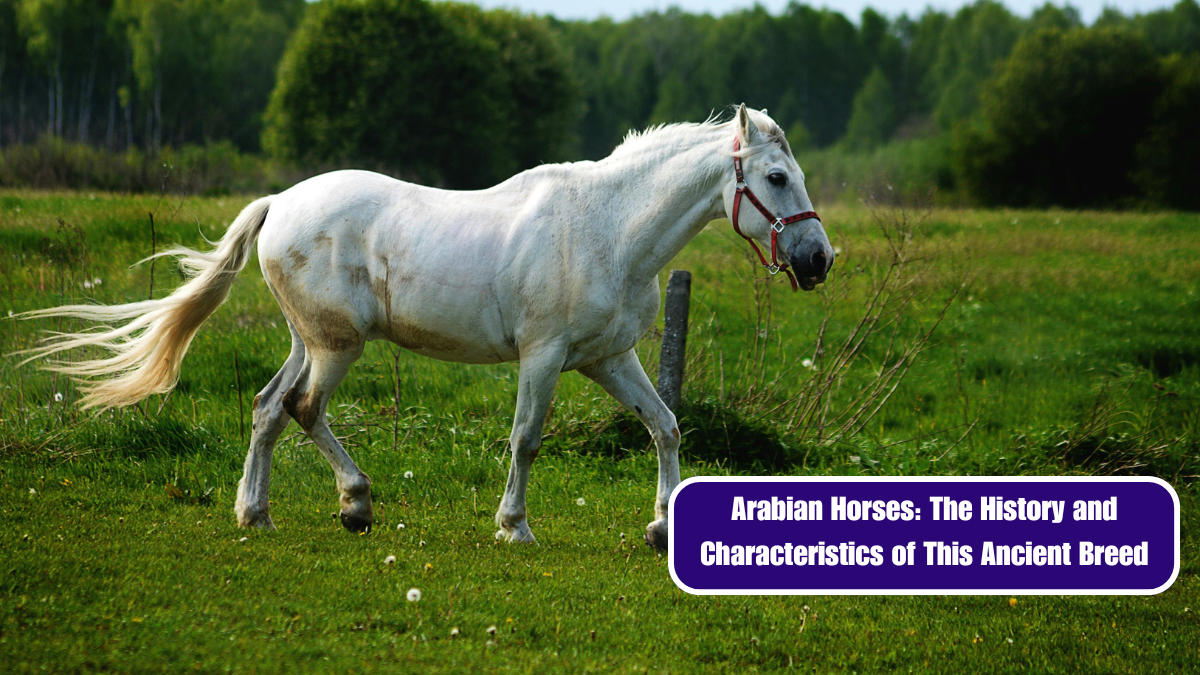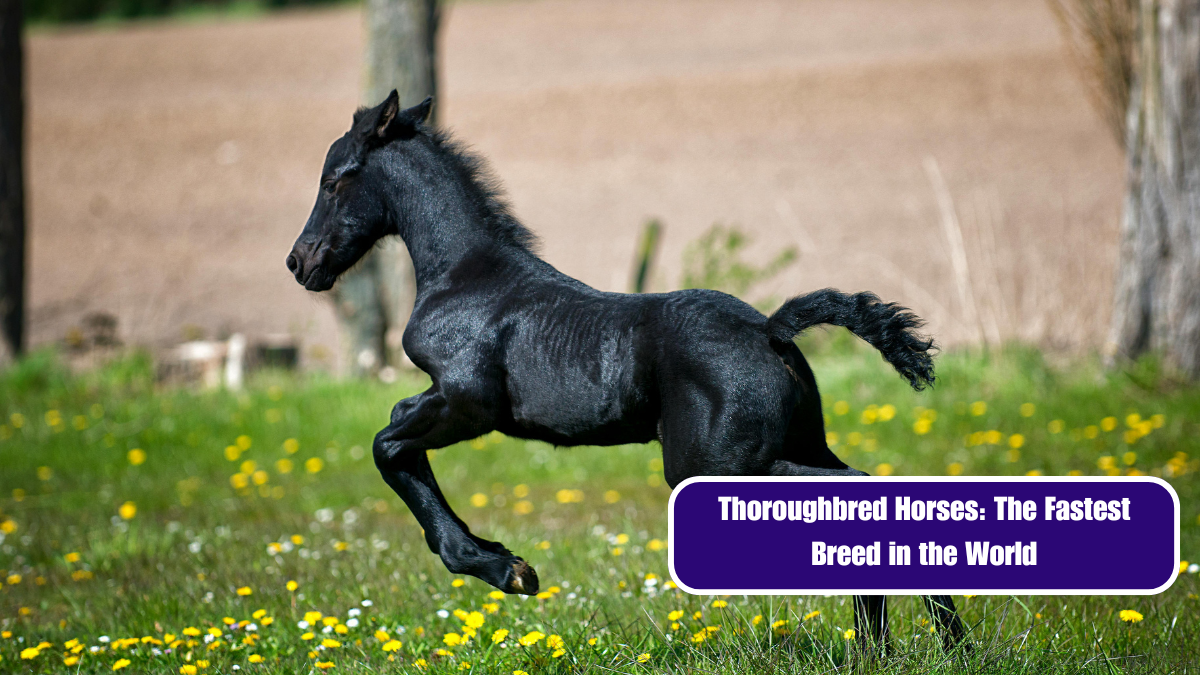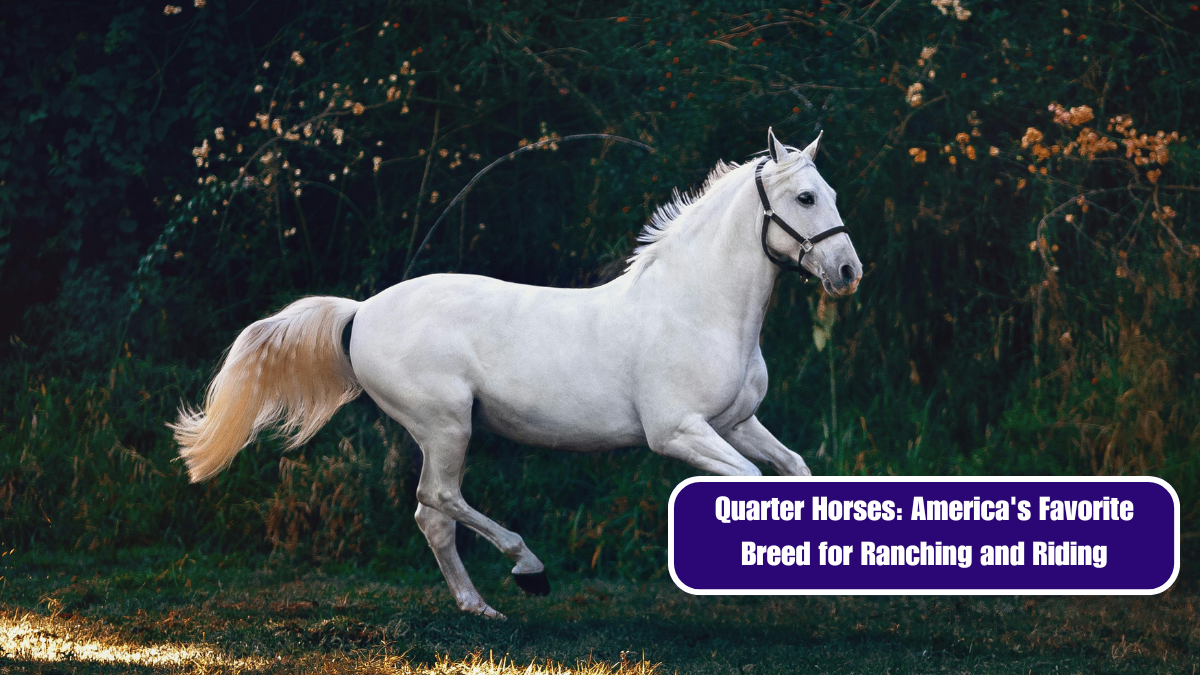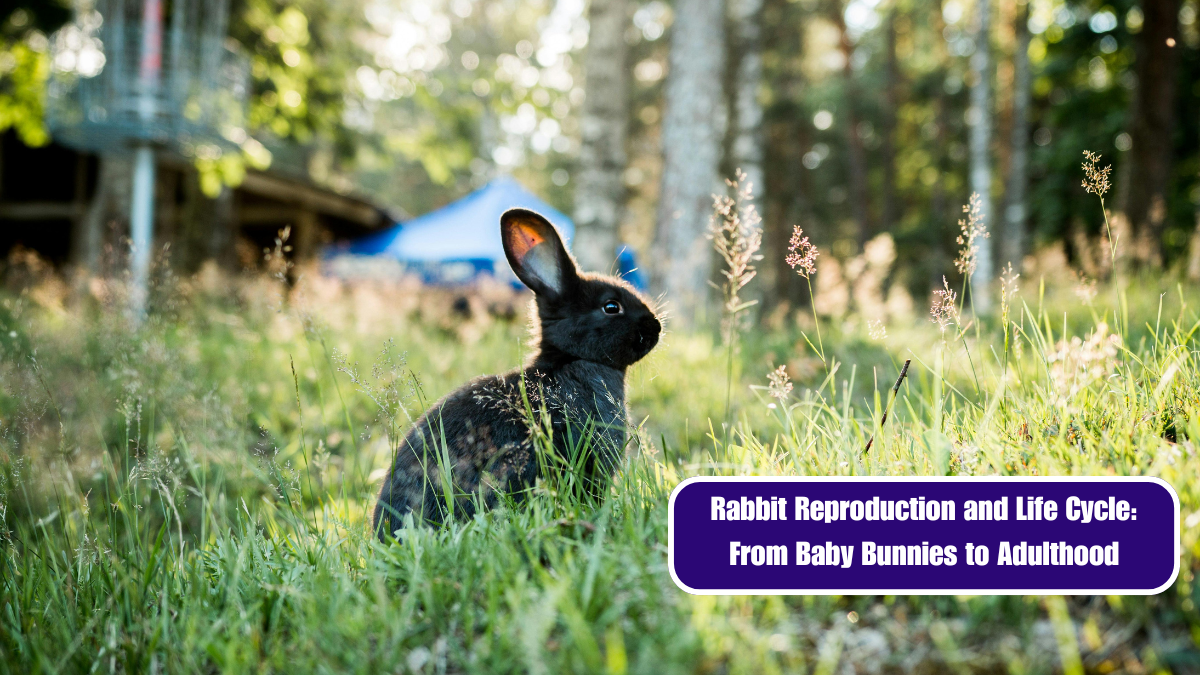Birds can make wonderful pets, bringing joy and companionship to many households. However, like all pets, they are susceptible to certain health issues that can affect their well-being. Understanding these common health problems and how to prevent them is crucial for ensuring your feathered friend remains healthy and happy.
1. Feather Plucking
Description: Feather plucking is a behavioral issue where birds pull out their own feathers. It can be caused by stress, boredom, or medical issues.
Prevention:
- Environmental Enrichment: Provide toys, puzzles, and opportunities for physical exercise to keep your bird mentally stimulated.
- Social Interaction: Spend quality time with your bird daily to strengthen your bond and reduce stress.
- Regular Veterinary Check-ups: Ensure your bird is healthy and address any underlying medical issues that might contribute to the behavior.
2. Psittacosis (Parrot Fever)
Description: Psittacosis is a bacterial infection caused by Chlamydia psittaci. It can be transmitted to humans and is characterized by respiratory symptoms.
Prevention:
- Hygiene: Maintain a clean living environment for your bird. Regularly clean cages, food dishes, and toys.
- Quarantine New Birds: Keep new birds separated from existing ones until they are confirmed healthy.
- Regular Vet Visits: Have your bird examined by a veterinarian who can screen for psittacosis and other diseases.
3. Obesity
Description: Obesity in birds can lead to various health problems, including fatty liver disease. It is often caused by a diet high in seeds and low in other essential nutrients.
Prevention:
- Balanced Diet: Provide a varied diet including fruits, vegetables, and specially formulated pellets. Avoid overfeeding seeds.
- Exercise: Encourage your bird to fly and play. Out-of-cage time is essential for maintaining a healthy weight.
- Monitoring: Regularly check your bird’s weight and adjust its diet and activity level as needed.
4. Respiratory Infections
Description: Birds are prone to respiratory infections, which can be caused by bacteria, viruses, or environmental factors like dust and mold.
Prevention:
- Clean Environment: Ensure your bird’s living area is free from dust, mold, and other potential irritants.
- Avoid Smoke and Chemicals: Keep birds away from cigarette smoke and harsh cleaning chemicals.
- Ventilation: Provide good ventilation in your bird’s living area to ensure fresh air flow.
5. Beak and Nail Problems
Description: Beak and nail problems can arise from malnutrition or improper cage conditions, leading to overgrowth or deformities.
Prevention:
- Proper Diet: Ensure your bird gets a balanced diet rich in essential nutrients to support healthy beak and nail growth.
- Regular Grooming: Provide appropriate perches and toys that help naturally wear down the beak and nails. Regularly check and trim your bird’s nails if needed.
- Veterinary Care: Have your bird’s beak and nails examined during routine vet visits.
6. Egg Binding
Description: Egg binding occurs when a female bird has difficulty laying an egg, which can be life-threatening if not treated promptly.
Prevention:
- Proper Nutrition: Ensure a diet with adequate calcium and other essential nutrients to support egg-laying.
- Environmental Conditions: Provide a stress-free environment and appropriate nesting materials.
- Veterinary Consultation: Consult a vet if you notice signs of egg binding, such as straining or lethargy.
Maintaining your pet bird’s health involves a combination of proper diet, environmental enrichment, regular veterinary care, and attentive observation. By taking proactive measures to prevent common health issues, you can ensure that your feathered friend enjoys a long, healthy, and happy life. Remember, the well-being of your pet bird starts with informed care and a commitment to their physical and emotional needs.
